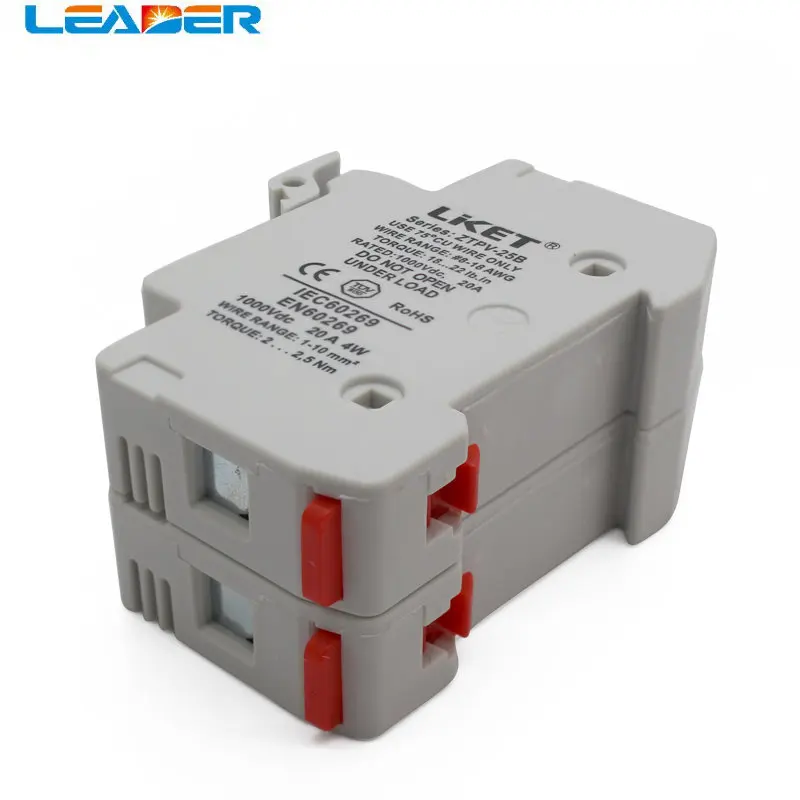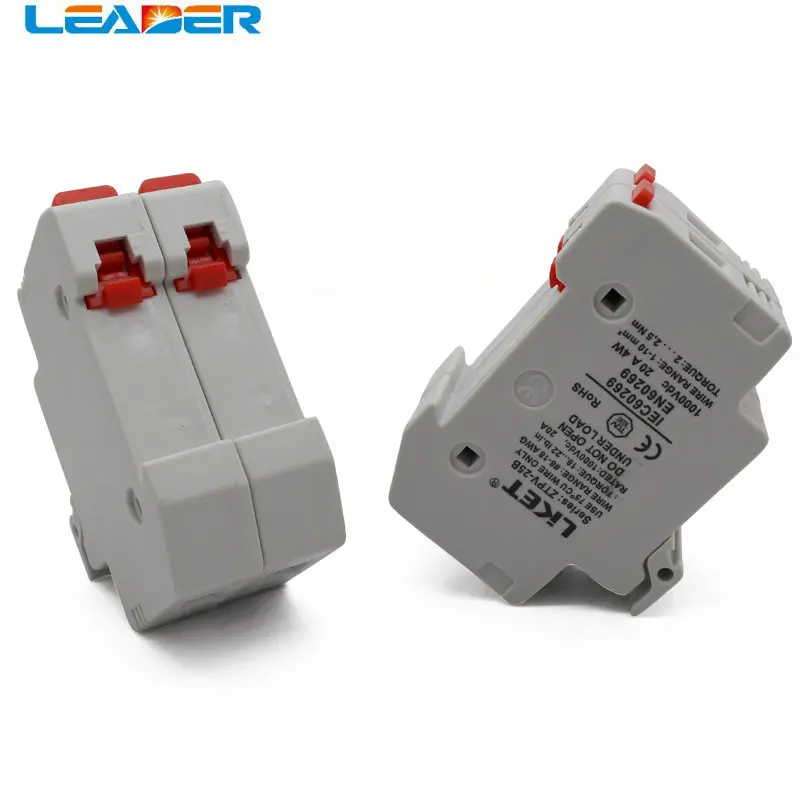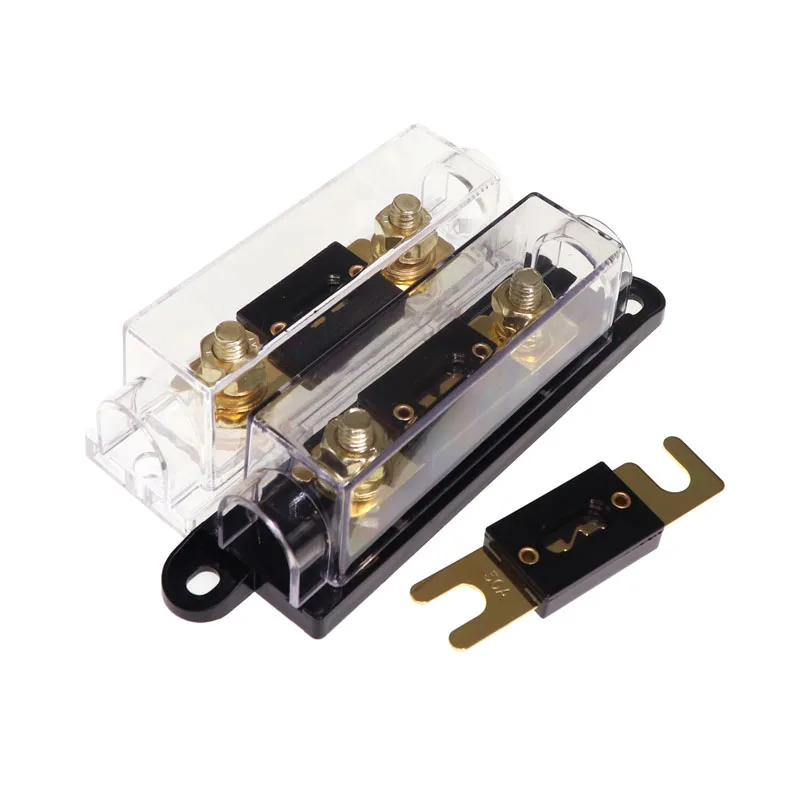Industry 4.0 is ushering in a new era of smart manufacturing, and advanced motors and drives are integral to this transformation. These technologies are enabling factories to become more efficient, flexible, and autonomous. This article explores how advanced motors and drives are at the heart of manufacturing automation and Industry 4.0.


Advanced Motors for Automated Production
In automated manufacturing environments, precision and speed are critical. Advanced motors, such as servo motors and brushless DC motors, provide the high-performance capabilities needed for robotic arms, CNC machines, and automated assembly lines. These motors can precisely control movement and speed, making them ideal for applications that require high levels of accuracy.
Advanced drives are used to regulate the performance of these motors, adjusting speed, torque, and direction as needed. These drives allow for seamless integration with other automation systems, ensuring that machines operate efficiently and adapt to changing production requirements in real time.
Drive Systems for Smart Manufacturing
In smart factories, advanced drives are crucial for optimizing production processes. These systems can collect data from machines and sensors to adjust motor performance based on real-time conditions. For example, in an automated assembly line, drives can optimize the speed and torque of motors based on the type of product being assembled, reducing waste and increasing throughput.
Additionally, geogrid materials are being used in the construction of machine foundations and production line supports to improve stability and reduce vibrations. By reinforcing these components with geogrid, manufacturers can increase the precision and reliability of their automated systems.
The Future of Manufacturing Automation
As Industry 4.0 continues to evolve, advanced motors and drives will play an essential role in the ongoing transformation of manufacturing. These technologies will make factories smarter, more energy-efficient, and more capable of meeting the demands of a rapidly changing market.
